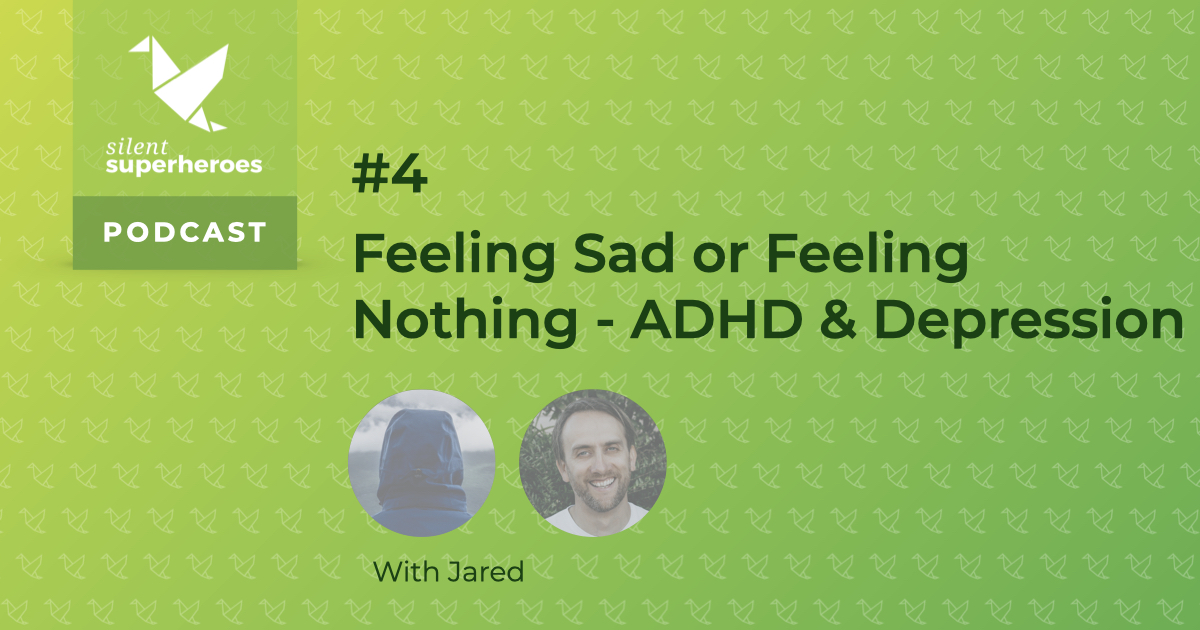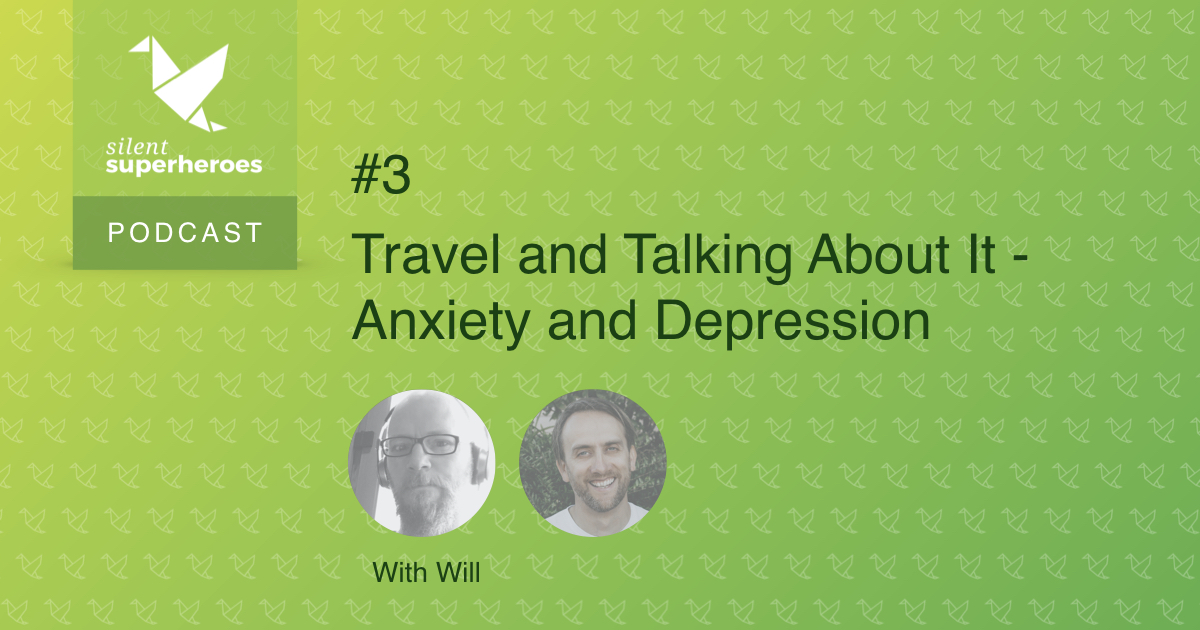Throughout his career, Kent always tried to help people understand the “why” for their work. That desire lead him to be a recruiter and then an HR leader. It was while leading an HR team that the competing demands of “the system” of work and his own “why” came into conflict. Frozen by the side of the road on his way to work, Kent found himself at the edge of oblivion. He reinvented himself as an Agent of Evolutionary Change. Now he works with individuals, leaders and organizations, helping them navigate the increasing speed and complexity of modern work through continued personal and professional development. And, while the depression hasn’t left him, he’s learned how to manage depression at work by treating every moment of joy or sadness as a workout. That workout is helping him build the muscle that keeps depression at bay.
Listen To Episode 6
Podcast: Play in new window | Download (Duration: 53:34 — 28.4MB)
Links
- WHO Report “Depression Is The Leading Cause of Disability” (article)
- David White “The Three Marriages: Reimagining Work, Self and Relationship” (book)
- Deloitte 2018 Human Capital Report “The Symphonic C-suite” (article)
- Lenny Kravitz – Dream (song)
About Depression
Depression is a mood disorder that causes a persistent feeling of sadness and loss of interest. This disorder is also called major depressive disorder or clinical depression. Depression affects how you feel, think and behave and can lead to a variety of emotional and physical problems. You may have trouble doing normal day-to-day activities, and sometimes you may feel as if life isn’t worth living.
More than just a bout of the blues, depression isn’t a weakness and you can’t simply “snap out of”. Depression may require long-term treatment but don’t get discouraged. Most people with depression feel better with medication, psychotherapy or both. They can learn how to manage depression at work.
Getting Support
Remember, the people you hear on Silent Superheroes are sharing their opinions about mental health and mental illness. They are not giving advice. For that reason, please consult with your care provider before making a change to your treatment approach.
It’s important to take your mental health seriously. Consequently, if you need to speak to someone you can call 1-800-273-8255, or text crisistextline.org on 741741. Both provide 24×7 confidential counseling to people in the United States. Worldwide visit http://iasp.info/resources/Crisis_Centres/
Because you listened to the podcast, you can help others find it by leaving us a review on iTunes. Or if you don’t use iTunes, leave a review on your favorite podcasting service.




